#How many calories are in a handful of cashews?
How many calories are in a handful of cashews?
How many calories are in a handful of cashews?
1. How many calories are in 1 handful of cashews?
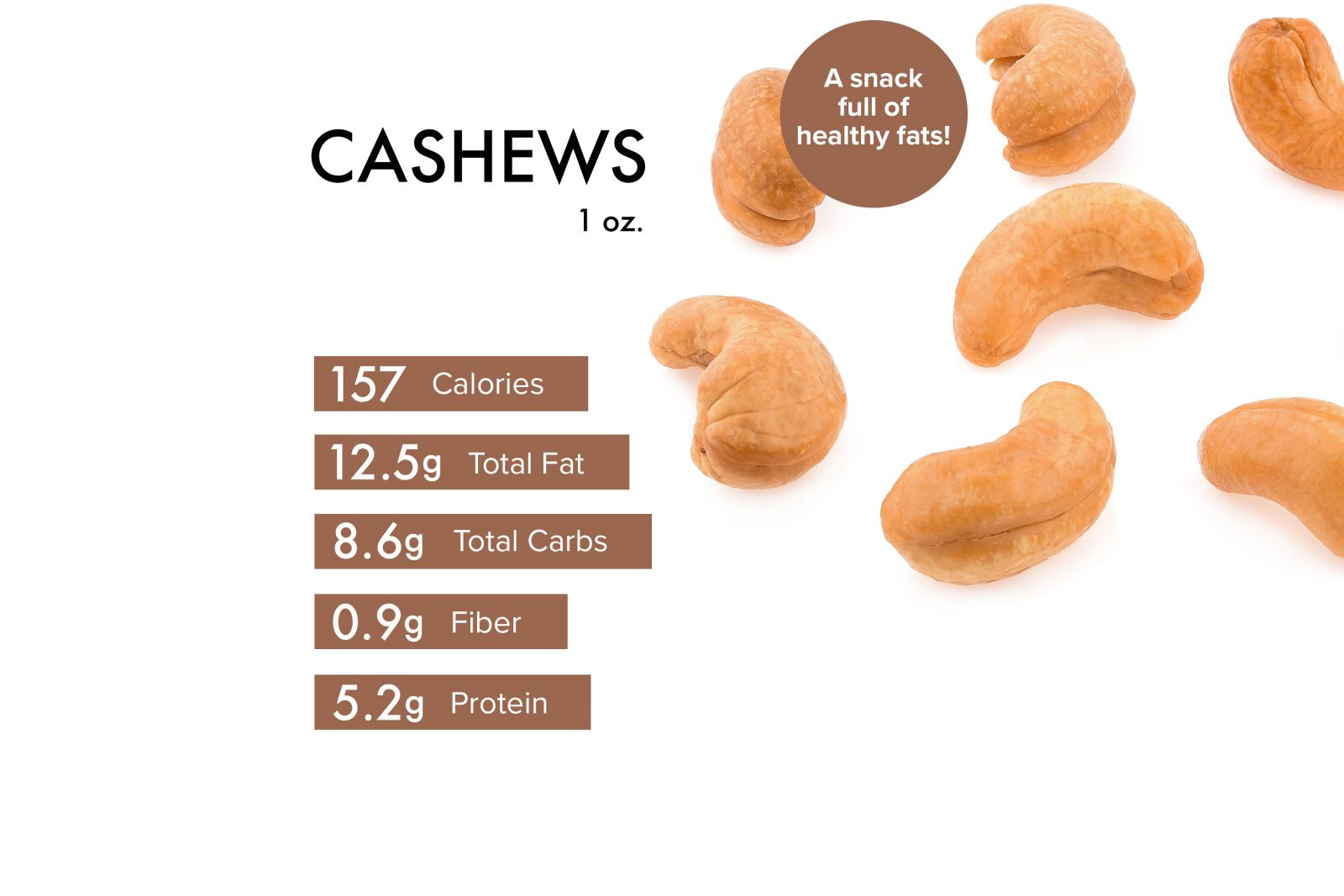
A handful of cashews typically weighs about 28 grams, which is roughly equivalent to 18 cashew nuts. This amount contains approximately 155 calories. Here's a detailed breakdown of the calories and nutritional content in a handful of cashews:
- Nutritional Breakdown:
- Calories: 155
- Protein: 5 grams
- Fat: 12 grams
- Carbohydrates: 9 grams
- Fiber: 1 gram
- Sugar: 1 gram
Key Nutrients:
- Vitamins: Cashews are rich in Vitamin E, Vitamin K, and Vitamin B6.
- Minerals: High in magnesium, phosphorus, zinc, copper, and iron.
Health Benefits:
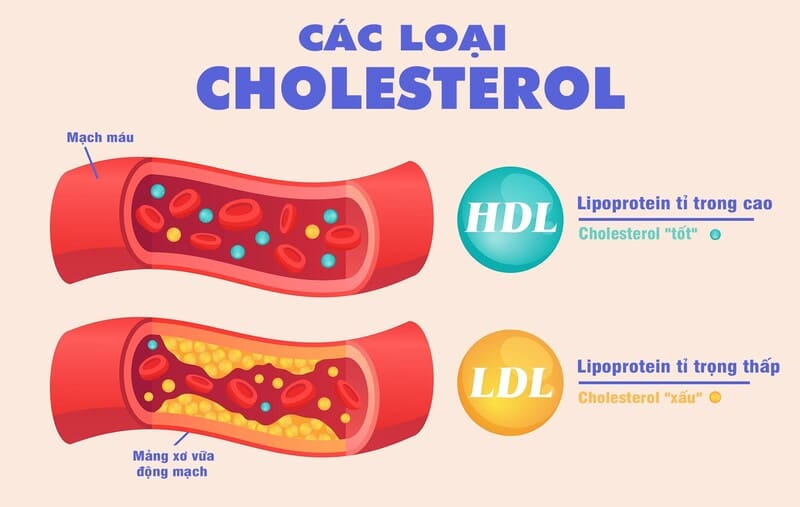
- Heart Health: The healthy fats in cashews can help reduce bad cholesterol levels.
- Bone Health: Rich in magnesium and phosphorus, which are essential for strong bones.
- Antioxidants: Contain antioxidants that protect cells from damage.
Consumption Tips:
- Portion Control: Be mindful of the portion size to avoid excessive calorie intake.
- Variety: Include cashews in a balanced diet with other nuts, seeds, fruits, and vegetables for optimal health benefits.
Cashews are a nutritious and energy-dense snack, but it's essential to enjoy them in moderation to maintain a balanced diet. Ever tried incorporating cashews into a dish? They can add a delightful crunch and flavor!
2. What are calories?

Calories are units of energy. They measure the amount of energy that food provides when consumed and metabolized by the body. Here's a detailed look at what calories are and why they are important:
Definition and Concept:
- Energy Measurement: A calorie is a unit that measures energy. Specifically, it is the amount of energy needed to raise the temperature of one gram of water by one degree Celsius.
- Dietary Calories: In nutrition, the term "calorie" is often used interchangeably with "kilocalorie" (kcal). One dietary calorie equals one kilocalorie, or 1,000 calories in the scientific sense.
Role in the Body:
- Energy Source: Calories are essential for all bodily functions, from basic metabolic processes like breathing and maintaining body temperature to physical activities like walking and exercising.
- Metabolism: The body converts calories from food into energy through metabolic processes, which fuel every action and function of the body.
Caloric Needs:
- Basal Metabolic Rate (BMR): This is the number of calories the body needs at rest to maintain basic physiological functions such as heart rate, breathing, and body temperature.
- Total Daily Energy Expenditure (TDEE): This includes BMR plus the calories burned through physical activity and digestion.
Sources of Calories:
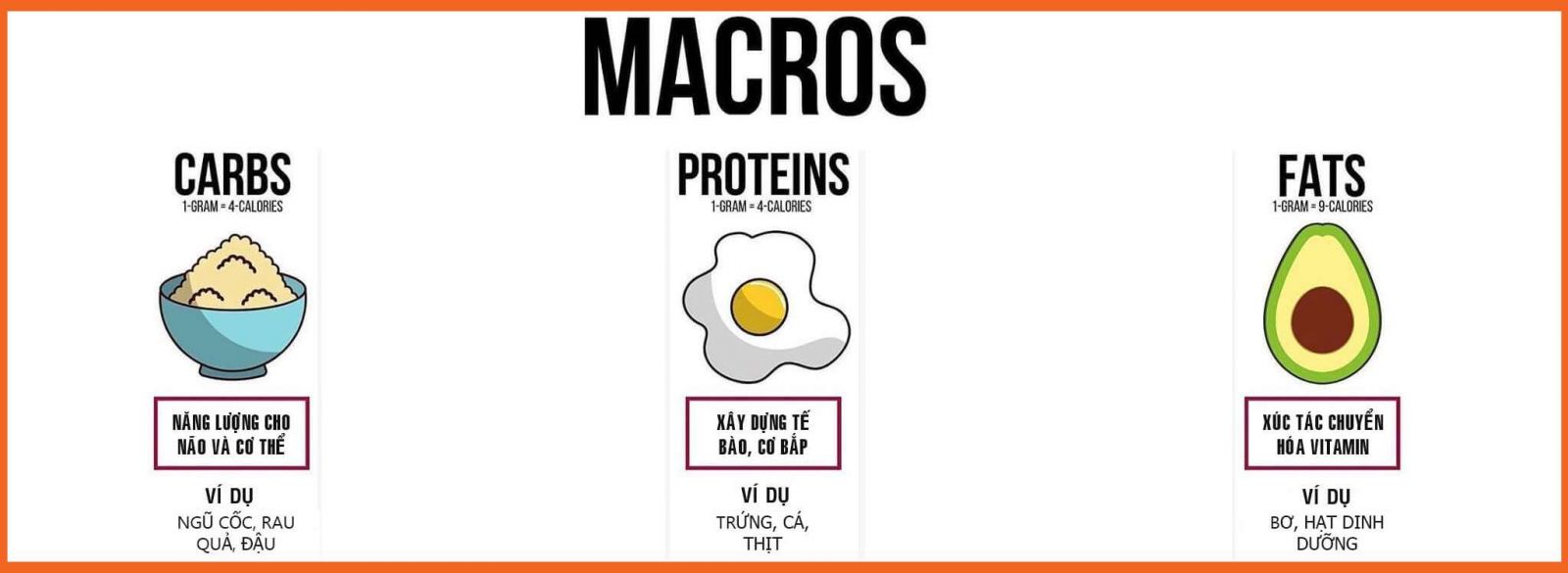
Macronutrients: The three primary sources of dietary calories are carbohydrates, proteins, and fats.
- Carbohydrates: Provide 4 calories per gram.
- Proteins: Provide 4 calories per gram.
- Fats: Provide 9 calories per gram.
- Alcohol: Also a source of calories, providing 7 calories per gram.
Caloric Balance:
- Caloric Surplus: Consuming more calories than the body needs can lead to weight gain as excess calories are stored as fat.
- Caloric Deficit: Consuming fewer calories than the body needs can lead to weight loss as the body uses stored fat for energy.
- Maintenance: Consuming calories equal to the body's needs maintains current weight and energy balance.
Importance of Caloric Awareness:

- Diet Management: Understanding caloric content helps in managing diet and achieving health goals, whether it’s losing weight, gaining muscle, or maintaining a healthy weight.
- Nutritional Balance: It's important to get calories from nutrient-dense foods to ensure a balanced intake of essential vitamins and minerals.
Practical Tips:
- Reading Labels: Check food labels for calorie information to make informed dietary choices.
- Portion Control: Being mindful of portion sizes helps in managing caloric intake.
- Balanced Diet: Focus on a diet rich in fruits, vegetables, whole grains, lean proteins, and healthy fats for optimal health.
Calories are fundamental to maintaining life and energy. They fuel every action we take, whether it’s thinking, breathing, or moving.
3. Effects of calories on the body
Calories play a vital role in the body by providing the energy needed for all its functions and activities. Here's a detailed look at how calories impact the body:
Energy Source

- Basic Functions: Calories fuel essential bodily functions such as breathing, maintaining body temperature, circulating blood, and supporting cell growth.
- Physical Activities: They provide the energy required for physical activities, from simple tasks like walking and climbing stairs to more strenuous exercises like running and weightlifting.
Metabolism
- Energy Conversion: The body converts calories from food into usable energy through metabolic processes. This energy powers every action, from thinking to moving.
- Basal Metabolic Rate (BMR): The number of calories needed at rest to maintain basic physiological functions, such as heart rate, breathing, and body temperature.
Weight Management
- Caloric Balance: Maintaining a balance between calories consumed and calories burned is crucial for weight management.
- Caloric Surplus: Consuming more calories than the body needs can lead to weight gain, as excess calories are stored as fat.
- Caloric Deficit: Consuming fewer calories than the body needs can lead to weight loss, as the body uses stored fat for energy.
Muscle Function and Growth
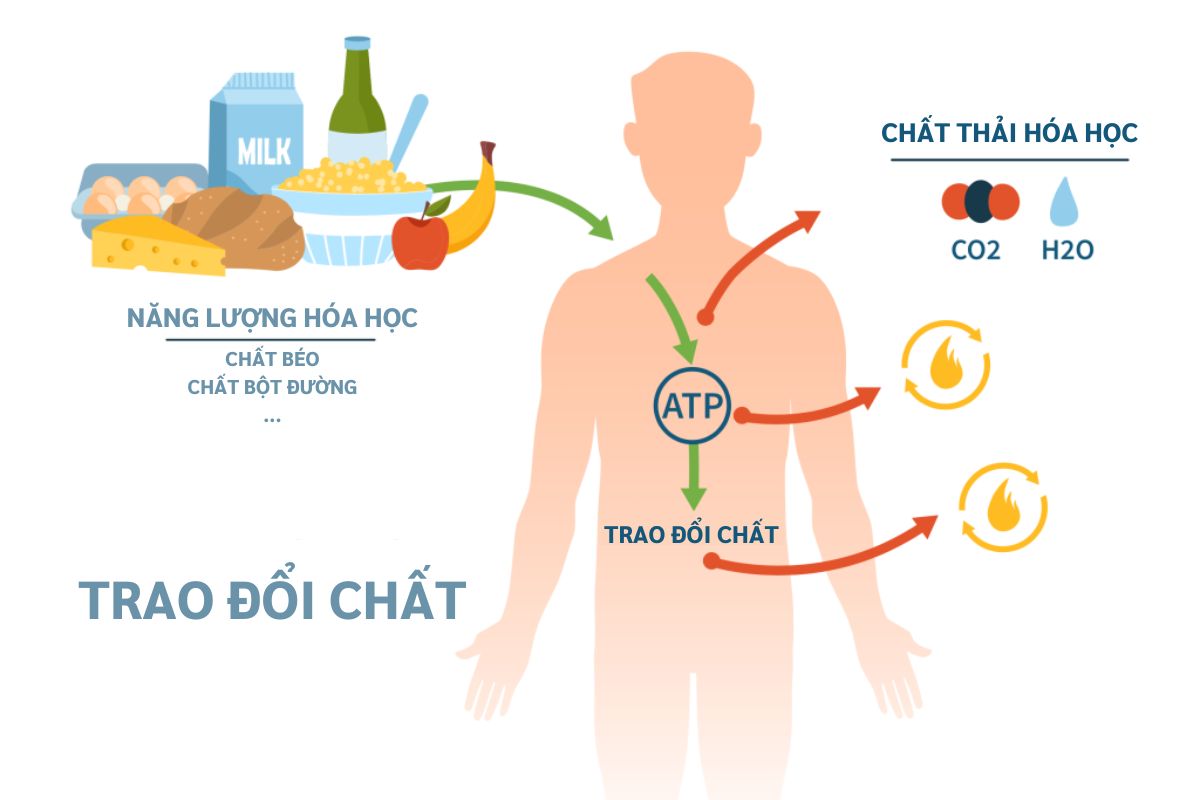
- Protein Synthesis: Calories from proteins support muscle repair and growth, especially important for athletes and those engaging in strength training.
- Muscle Energy: Adequate calorie intake ensures muscles have enough energy to perform and recover from physical activities.
Brain Function
- Cognitive Processes: The brain requires a significant amount of energy to function optimally. Calories support cognitive processes such as thinking, memory, and concentration.
- Mental Health: Proper caloric intake is linked to better mental health, reducing the risk of depression and anxiety.
Hormonal Balance
- Endocrine System: Calories support the production and regulation of hormones, which are crucial for various bodily functions, including metabolism, growth, and reproduction.
- Energy Levels: Adequate caloric intake helps maintain consistent energy levels throughout the day, preventing fatigue and lethargy.
Immune System
.jpg)
- Immune Response: Calories provide the energy needed for the immune system to function effectively, helping the body fight off infections and illnesses.
- Recovery and Healing: Proper caloric intake supports recovery and healing processes, including tissue repair and inflammation reduction.
Nutrient Absorption
- Macronutrients: Calories from carbohydrates, proteins, and fats are essential for the absorption and utilization of vitamins and minerals.
- Nutrient Transport: Energy from calories aids in the transportation of nutrients throughout the body, ensuring cells receive the necessary substances to function.
Tips for Managing Caloric Intake
- Balanced Diet: Focus on a diet rich in fruits, vegetables, whole grains, lean proteins, and healthy fats.
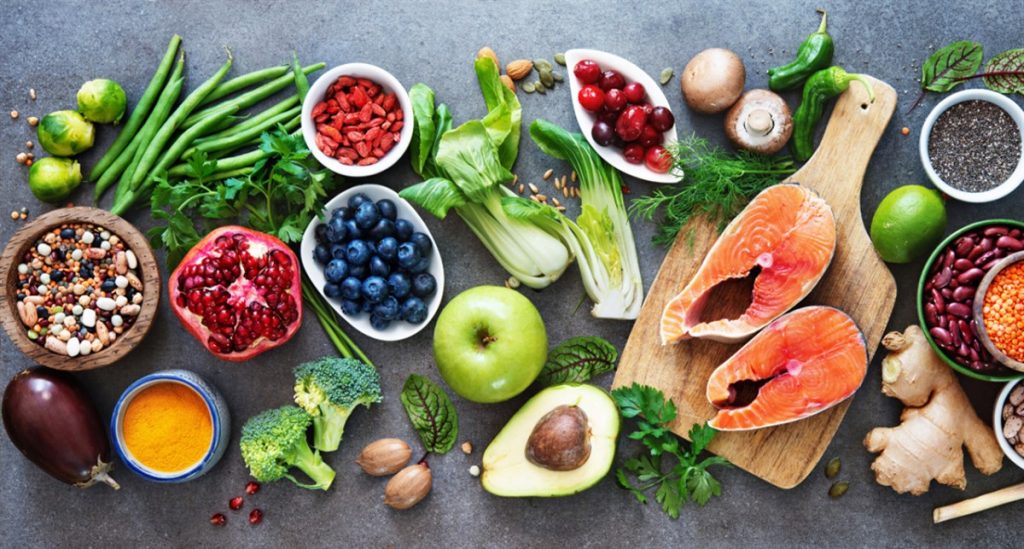
- Portion Control: Be mindful of portion sizes to avoid consuming excess calories.
- Regular Activity: Engage in regular physical activity to balance caloric intake and expenditure.
Calories are fundamental to maintaining life and energy, fueling every action we take, whether it’s thinking, breathing, or moving. Proper caloric management is crucial for overall health and well-being.
4. How should cashews be used with your diet to supplement the appropriate amount of calories?
Incorporating cashews into your diet can be a delicious and nutritious way to supplement your caloric intake. Here's how you can do it effectively:
Breakfast
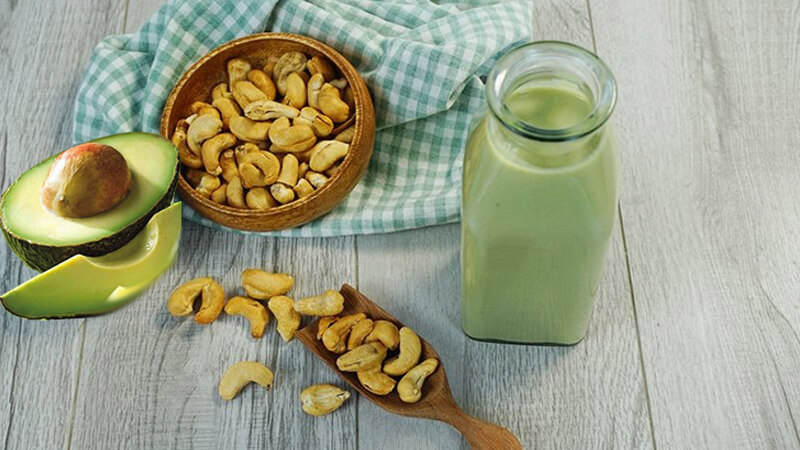
- Smoothies: Add a handful of cashews to your morning smoothie. This not only boosts the calorie content but also adds creaminess and a dose of healthy fats.
- Oatmeal or Cereal: Sprinkle chopped cashews on your oatmeal or cereal for added texture, flavor, and calories.
Snacks
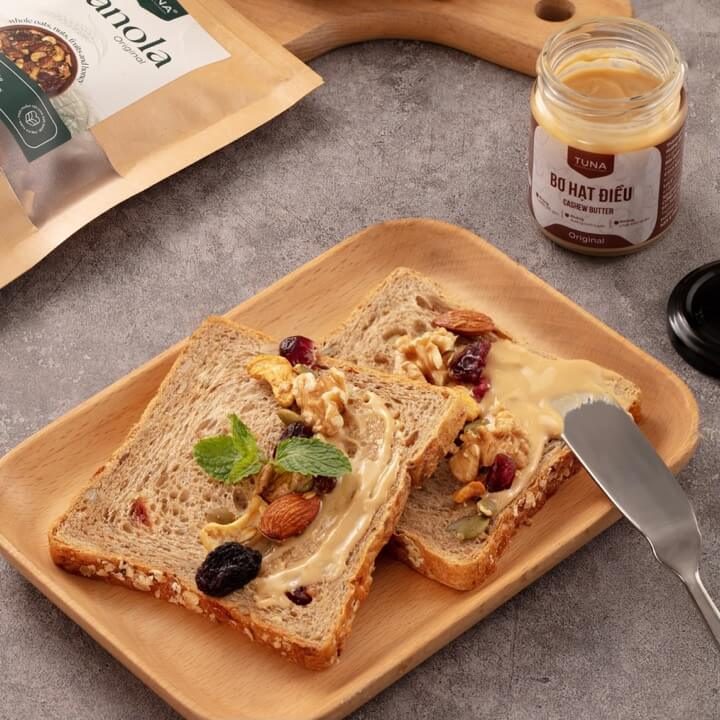
- Raw or Roasted Cashews: Enjoy a handful of raw or roasted cashews as a mid-morning or afternoon snack. This provides around 155 calories per 28 grams.
- Cashew Butter: Spread cashew butter on whole-grain toast or apple slices for a nutritious and calorie-dense snack.
Lunch and Dinner
- Salads: Toss cashews into your salads to add crunch and increase the calorie content. They pair well with leafy greens, fruits, and vinaigrettes.
- Stir-Fries: Add cashews to vegetable or chicken stir-fries. The nuts not only enhance the flavor but also boost the meal's calorie count.
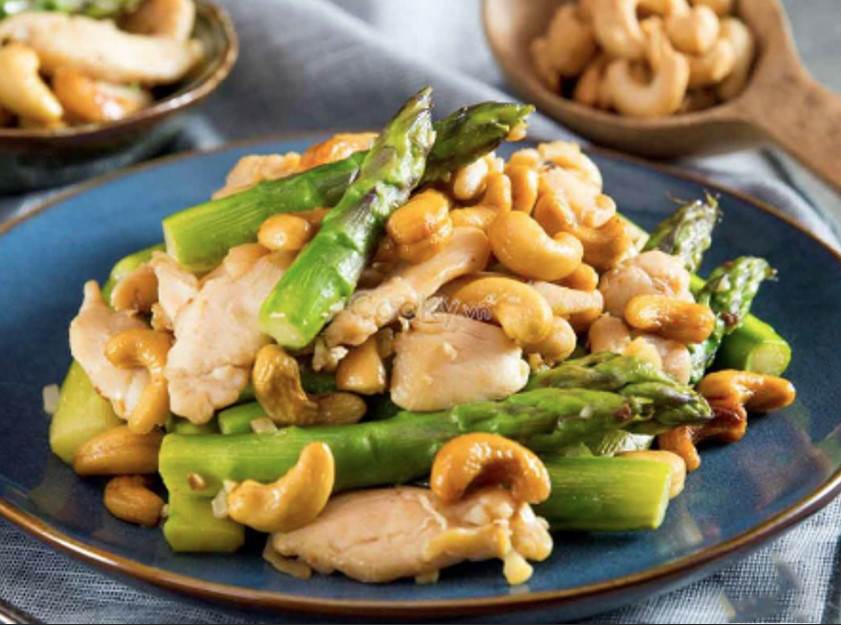
- Curries: Use cashews in curries for a rich, creamy texture. This works particularly well in Thai and Indian dishes.
Desserts
- Baking: Incorporate cashews into baking recipes like cookies, brownies, or granola bars. They add a wonderful crunch and extra calories.
- Trail Mix: Make your own trail mix with cashews, dried fruits, and dark chocolate for a high-calorie, nutrient-dense dessert.
Sauces and Dips
- Cashew Cream: Blend soaked cashews with water, lemon juice, and seasoning to make a creamy, high-calorie cashew cream. Use it as a base for sauces or dips.
- Cashew Pesto: Replace pine nuts with cashews in your pesto recipe for a unique twist and added calories.
Additional Tips
- Portion Control: While cashews are nutritious, they are also calorie-dense. Be mindful of portion sizes to avoid excessive calorie intake.
- Variety: Include cashews as part of a varied diet to ensure a balanced intake of nutrients. Combine them with other nuts, seeds, fruits, vegetables, and whole grains.
- Hydration: Drink plenty of water throughout the day, especially when consuming calorie-dense foods like cashews.
Sample Daily Plan with Cashews
- Breakfast: Smoothie with spinach, banana, and a handful of cashews.
- Morning Snack: A small handful of raw or roasted cashews.
- Lunch: Mixed greens salad with grilled chicken, cherry tomatoes, and a sprinkle of cashews.
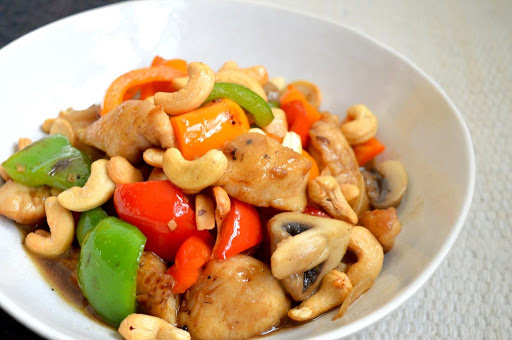
- Afternoon Snack: Whole-grain toast with cashew butter and apple slices.
- Dinner: Vegetable stir-fry with tofu and cashews.
- Dessert: Homemade cashew-based granola bar or trail mix.

Incorporating cashews into your meals can help you enjoy their delicious flavor while benefiting from the calories and nutrients they provide.
Xem thêm: Có bao nhiêu calo trong 1 nắm tay hạt điều? Ăn hạt điều thế nào để bổ sung đủ lượng calo cần thiết
Learn more: How many calories are in a handful of cashews? How to eat cashews to get enough calories

 Brian Dương
Brian Dương

TVQuản trị viênQuản trị viên
Xin chào quý khách. Quý khách hãy để lại bình luận, chúng tôi sẽ phản hồi sớm